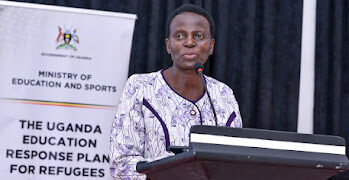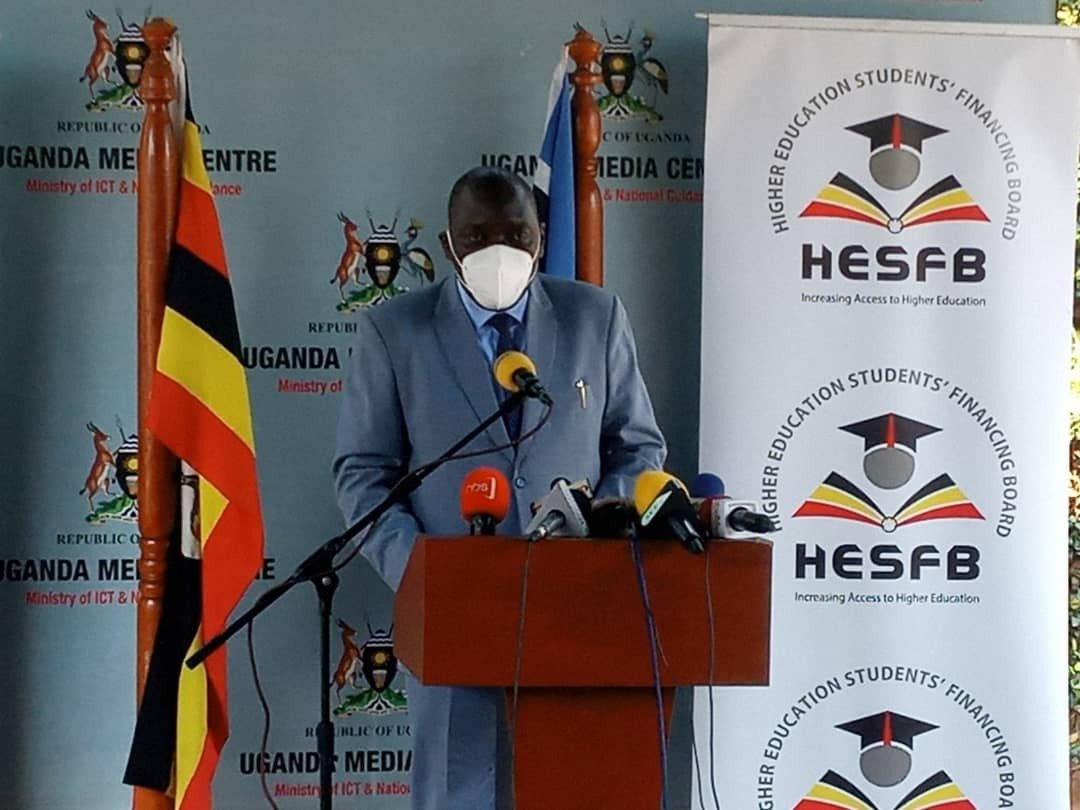Uganda’s predominantly young population is working in favor of the country’s efforts to fight coronavirus -President Yoweri Museveni has said.
Museveni made the remarks in his address to the nation ahead of the World Population day, delivered from State House Entebbe on Saturday.
This year’s World Population day held under the theme “Leveraging Uganda’s Population Dynamics for a Resilient Future amidst COVID-19,” comes at a time when the country like the rest of the world is battling with the coronavirus pandemic.
Museveni noted that while food security and preventive measures including regular hand-washing have played key roles in helping Ugandans cope up with the crisis, the country’s age structure is working in its favor in the fight against coronavirus.
“As Ugandans are aware, young people tend to withstand COVID-19 better than the more elderly population. In this regard, Uganda’s population age structure being predominantly young is working in our favor in the fight against COVID-19 pandemic” President Museveni said.
With Ugandans aged 0 – 14 years being 47.9% and those below 30 years being 78%, Museveni said there is and always been a demographic dividend with economic benefits Uganda can achieve out of a growing youthful population.
He noted that with improved access to health care services and nutrition, Uganda’s population has increased from 14 million people in 1986 to 43 million currently. The population is projected to reach 50 million people by 2025 and 102 million by 2050.
He however expressed concern over an increase in Non-Communicable Diseases (NCDs) including diabetes, hypertension (high blood pressure), obesity and cancers.
“In Uganda, 891,000 people have high blood pressure, 534,000 people have heart disease and 229,000 people have diabetes. These diseases can be prevented if leaders give our people the right information and knowledge like on proper nutrition, physical exercise, avoiding stress, etc” he stated.
Museveni urge all leaders to strengthen Community Mobilization using local radio stations to educate the masses about these preventable conditions.
“Ugandans are living longer, life expectancy in Uganda has increased by 20 years in one generation, from 43 years in 1991 to 63.3 years in 2017 and as a result of increased immunization against killer diseases and other pro-people programs, infant mortality rate reduced from 122 per 1,000 in 1986 to 43 in 2016” he said.
HIV/AIDs prevalence rates have reduced, maternal mortality rate reduced, malaria deaths reduced and literacy rate improved from 54 percent to 75 percent.
Museveni also noted that poverty rates reduced from 56 percent (1986) to 21.4 in 2017 while access to electricity almost doubled from 11 percent (2010) to 23 percent in 2016. He said the remaining challenge which government is addressing is the 68% of households which are still stuck in the subsistence economy.
He added that his NRM government will continue to provide these young people with education, skills, jobs and health care so that they can be gainfully employed, save and invest to become the engine of economic growth.
“I wish to inform you that the Government will continue to give priority to issues of our youth by empowering them so that they improve their welfare and contribute positively towards Uganda’s development” Museveni said.









































